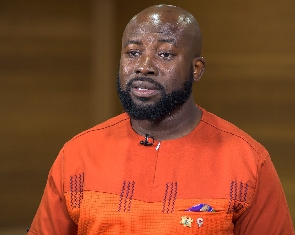The Director-General of the Ghana Standards Authority, Prof. Alexander Dodoo, has revealed that to reduce the spread of Coronavirus in the country, persons with strong immunity will be the first to be vaccinated when the country takes delivery of the first batch of vaccines.
Ghana is expected to receive 19.5 million doses of the vaccines by end of June and according to Prof. Dodoo, children, pregnant women, people with allergies and underlying health conditions, and the aged will not be vaccinated against the novel coronavirus.
Prof. Dodoo who made this comment on JoyNews’ Newsfile on Saturday, explained that “normally for starters, children will not be included, they’re more protected and they’re not passing on the virus. Those with allergies, those with underlying health conditions, those whose immune system appears compromised will not be vaccinated.”
The GSA boss further noted there is no scientific data to prove that the vaccine is safe for pregnant women and their unborn babies, hence, the decision not to vaccinate them.
He was however quick to add that a pregnant woman can be vaccinated based on a doctor’s recommendation after measuring the risks and benefits of taking the vaccine.
“You have to look at her as an individual and judge from the potential benefits and the harm that you know can also happen and make a call,” he explained.
People with HIV/AIDS, those on Cancer treatment and the aged will also not be vaccinated.
Dr Dodoo also said even though the vaccine is safe, health professionals need to prepare the minds of Ghanaians for side effects after taking it.
“We need to get the public ready not just for the vaccine but to also expect that the protection offered by the vaccine goes with some amount of risk. There will be side effects. And it’s not going to be 100% safe. It never happens. So we need to communicate that there will be a lot of benefits, but there will be an accompanying measurable amount of tolerable risk which the population should be ready for,” he said.
General News of Saturday, 6 February 2021
Source: www.ghanaweb.com













